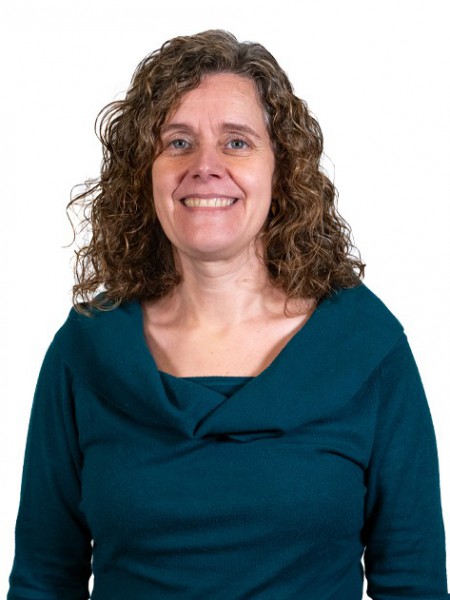abstract
Marine environments are an enormous source of materials with biological interest, such as sulphated polysaccharides, which have relevant biological activities. In this study the potential of salt pan brine water as an easily accessible source of sulphated polysaccharides was evaluated. This water revealed to have a high quantity of polymeric material, five times more than sea water, mainly composed by highly sulphated polysaccharides. Structural analysis identified a diversity of polysaccharides, namely rhamnans, fucans, mannans, xylomannans, glucuronomannans, galactans, and glucans. All these structures seem to form complexes that are resistant to the salt pan conditions along salt production. These polysaccharides showed in vitro stimulatory activity for B cells, suggesting their potential application in nutraceutical and biomedical fields. Salt pan brine water is a valuable source of environmentally friendly and low-cost available bioactive compounds prone to be exploited. (C) 2019 Elsevier B.V. All rights reserved.
keywords
MARINE POLYSACCHARIDES; CHEMICAL METHODS; MELANOIDINS; MANNANS; WALLS; ALGAE
subject category
Biochemistry & Molecular Biology; Chemistry; Polymer Science
authors
Nunes, C; Rocha, A; Quiterio, P; Ferreira, SS; Correia, A; Vilanova, M; Coimbra, MA
our authors
acknowledgements
Thanks are due to FCT/MEC for the financial support to the QOPNA research Unit (FCT UID/QUI/00062/2019) and CICECO-Aveiro Institute of Materials (FCT UID/CTM/50011/2019), through national founds and where applicable co-financed by the FEDER, within the PT2020 Partnership Agreement. CN, SSF, and AC thank FCT for the grant (SFRH/BPD/100627/2014, SFRH/BD/103003/2014, and SFRH/BPD/91623/2012, respectively). This work was also funded by national funds (OE), through FCT, I.P., within the scope of the framework contract foreseen in the numbers 4, 5 and 6 of the article 23, of the Decree-Law 57/2016, of August 29, changed by Law 57/2017, of July 19.


